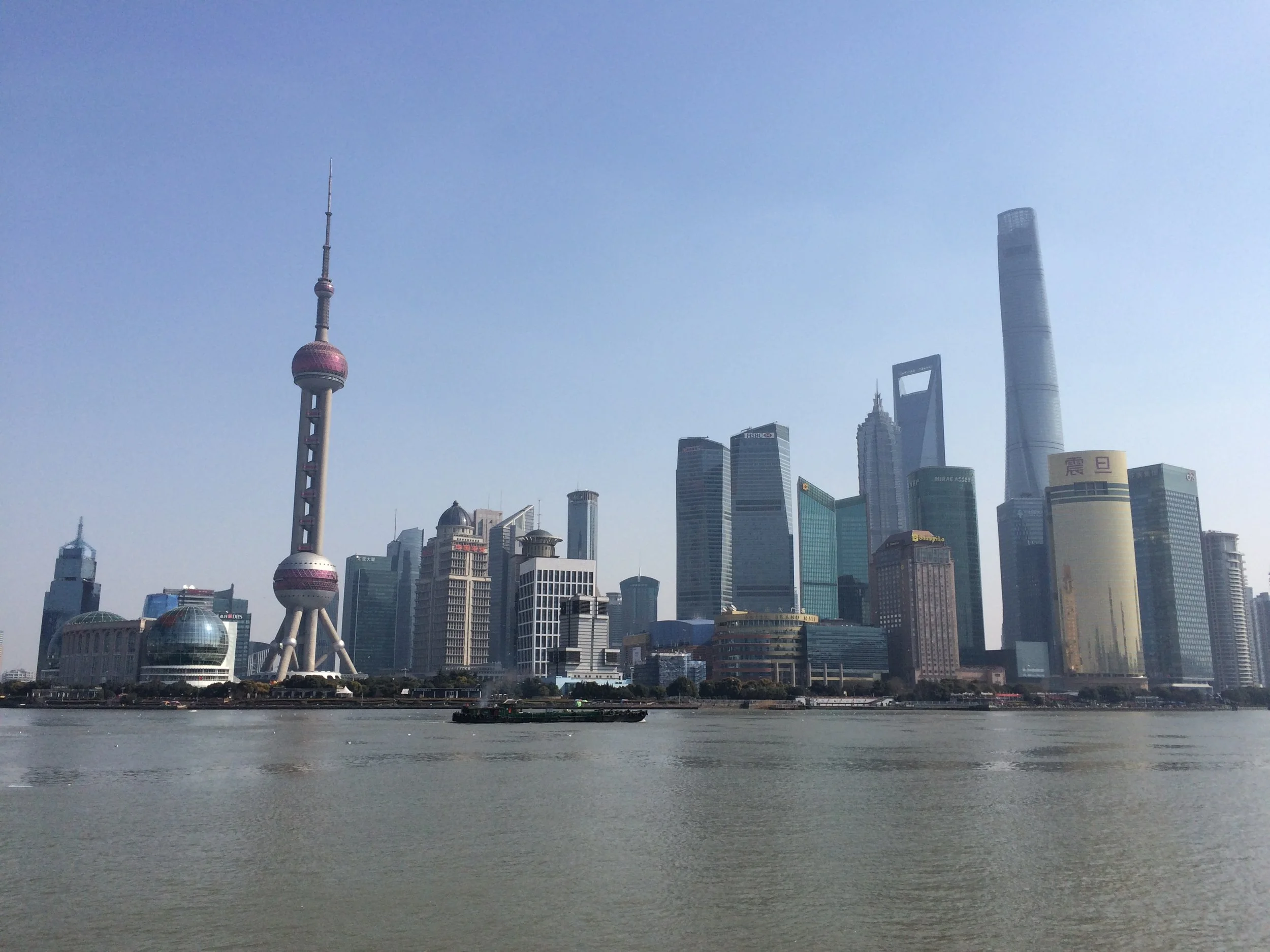I wrote about Urbanization in China for a class at Columbia Journalism School:
Over 758 million people already live in cities in China, or roughly 54% of the population, and the United Nations estimates that this will climb as high as 76% by the year 2050.
China’s urban population is surging for a variety of reasons: over 10 million children are born in cities each year and the older generations are living longer. But by far the biggest reason is the influx of migrants, who account for 70% of urban population growth. This mass migration out of the countryside will have profound effects on China’s cities and the future of the nation.
China’s leaders hope that creating a primarily urban populace will modernize the national economy as more people work in productive jobs, boosting GDP per capita and fostering an increase in consumption.
But this project also comes with huge challenges. Cities with ballooning populations must keep up with increasing demands on their infrastructure and their social services, and rural areas must cope with a declining number of residents. The government must pay attention to the assimilation of migrant workers, lest cities become full of unemployed and disenchanted young men. Through it all, the ruling party’s top concern will be to maintain stability despite this incredible change.



